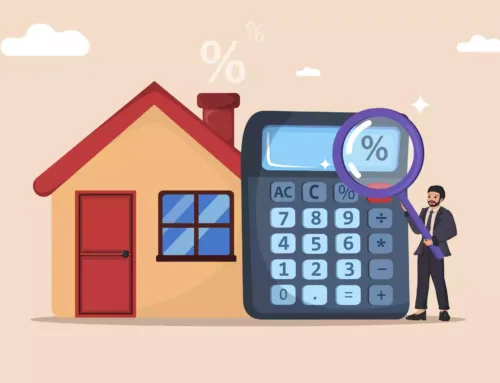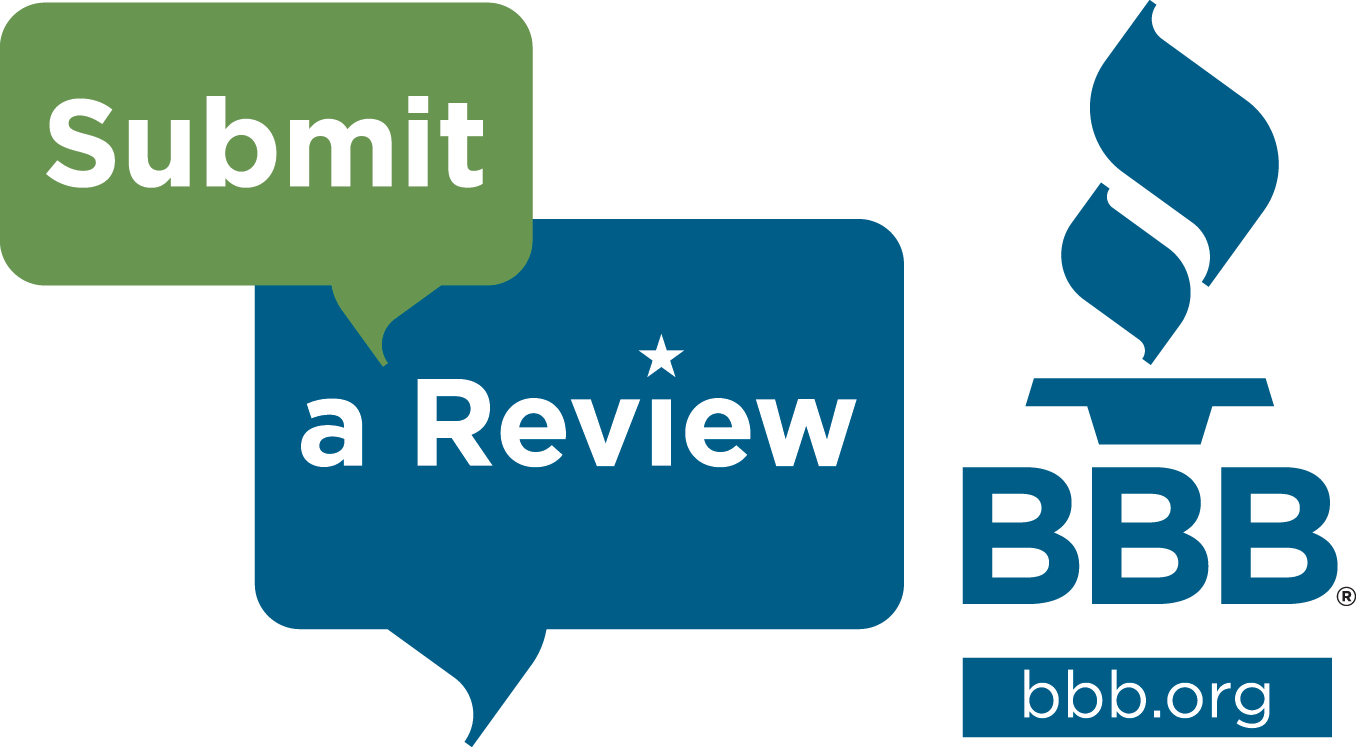Before Signing on the Dotted Line, Ask these Questions

If you have ever signed a loan for anything you know how intense it can feel. The stack of papers that require your signature seem never ending and that is just for the new living furniture set you just purchased! Signing a mortgage comes with its own stack of documents, all of which are very important and required, but that doesn’t mean it is any less overwhelming. The fine print can begin to look confusing and you will want to read everything. This is where you can simply hit the pause button, slow down and ask any questions you have. When we sit down with our clients during a closing we want them to ask questions; we want to make sure there is a clear understanding of every document and what it means. To help guide you through the process, we have provided some questions that you can ask during your closing that will help you have a better understanding and feel more at ease.
What is APR?
Believe it or not, there is a difference between asking, “What’s the interest rate?” and “What’s the APR?” The APR includes all the necessary costs of the loan such as interest rate, discount points, and loan origination fees. The interest rate only reflects that one specific piece. It is important to understand there is a difference between the two. By law, lenders are required to disclose the loan APR so make sure that is what you are asking for.
How long will my rate lock?
As we discussed here, an adjustable-rate mortgage (ARM) is a loan in which your interest rate will remain “fixed” for a limited number of years (usually three, five or seven) and after that your rate may change. Each ARM loan does have a ‘cap’ on that adjustment meaning that rate can only change a limited number of times at a limited rate. Make sure to ask about these limits and understand what they mean. This will help you when determining your budget and if at the later time you will be able to afford a higher payment.
Is there a pre-payment penalty?
Do you have a plan to put a little more money towards each payment a month to pay off the loan quicker? If so, you need to ask about prepayment penalties that could possible be assessed to your loan. These fees typically cost between 2% and 4% of the overall loan and are usually applied against borrowers who repay their mortgage in less than five years. Some lenders charge flat rates, while others base it off of a scale depending on how early you pay off the loan. Make sure to not only read the document carefully but also ask your mortgage lender to clarify on this and disclose the conditions around this clause.
Ask to review the GFE and HUD-1 together
By law, lenders must provide you with a Good Faith Estimate, or GFE, within three days after your loan application has been accepted. This is supposed to give you a reasonable estimate of the loan term and settlement charges. Also during closing, you will receive the HUD-1. This is an itemized list of every charge and credit, including escrow fees, title, insurance, loan origination fees, attorney fees, rate lock and more. If you need more clarification on these documents, ask your mortgage lender to review these documents together so you can make sure that your HUD-1, or your final costs, are aligned with the expectations that the GFE established. Remember the HUD-1 will not be presented to you until closing, so if you would like to receive it early ask your mortgage lender if this is possible.
We don’t want you to feel overwhelmed when you go in for your closing, instead we want you to feel happy and excited about this new chapter in your life. We are here to answer any and all of your questions whenever you need. If you have questions about obtaining a mortgage loan contact us here! We can’t wait to hear from you.













